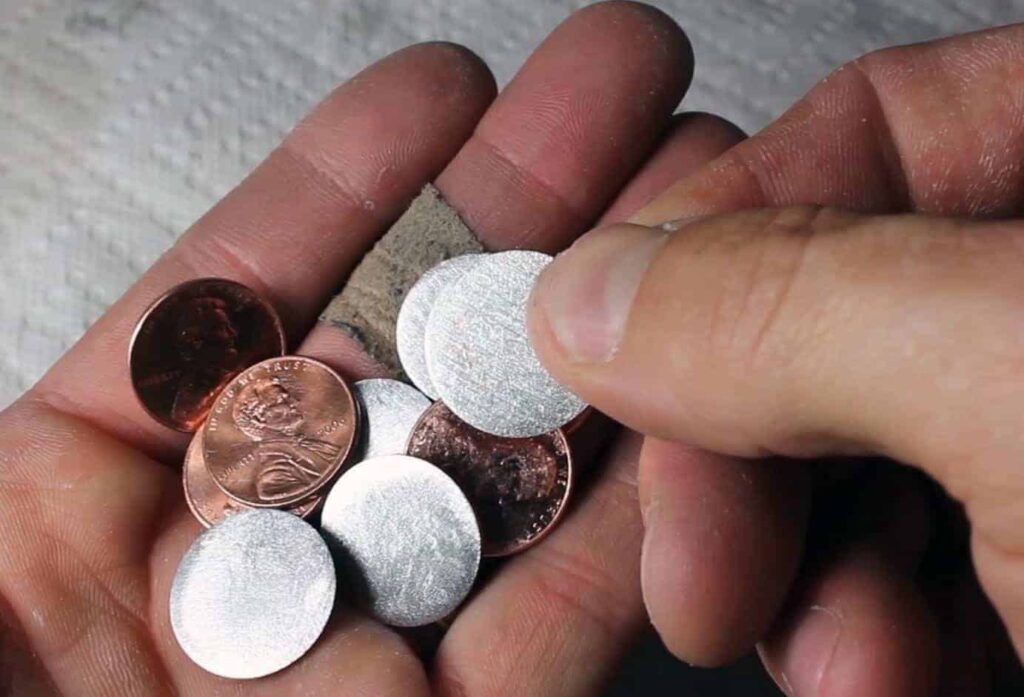[one_third last=”no” spacing=”yes” center_content=”no” hide_on_mobile=”no” background_color=”” background_image=”” background_repeat=”no-repeat” background_position=”left top” border_position=”all” border_size=”0px” border_color=”” border_style=”” padding=”” margin_top=”” margin_bottom=”” animation_type=”” animation_direction=”” animation_speed=”0.1″ class=”” id=””][fusion_text]May 9, 2017
Increasing sales tax in Wyoming isn’t a very popular idea. A University of Wyoming poll found in 2016 that 59 percent of respondents opposed it—this was, however, before the real extent of the current budget crisis began to set in.
To be sure, sales tax is a regressive tax that costs poor people more than the rich—since lower-income folks tend to spend their entire paycheck, their entire paycheck gets taxed; whereas higher-income folks are able to save a part of each check, shielding part of their income.
Still, Wyoming’s combined sales tax rate is the third lowest in the country, and the state charges nothing for food or gas purchases, or for services like those provided by attorneys or engineers.[/fusion_text][/one_third][two_third last=”yes” spacing=”yes” center_content=”no” hide_on_mobile=”no” background_color=”” background_image=”” background_repeat=”no-repeat” background_position=”left top” border_position=”all” border_size=”0px” border_color=”” border_style=”” padding=”” margin_top=”” margin_bottom=”” animation_type=”” animation_direction=”” animation_speed=”0.1″ class=”” id=””][fusion_text]

[/fusion_text][/two_third][two_third last=”no” spacing=”yes” center_content=”no” hide_on_mobile=”no” background_color=”” background_image=”” background_repeat=”no-repeat” background_position=”left top” border_position=”all” border_size=”0px” border_color=”” border_style=”” padding=”” margin_top=”” margin_bottom=”” animation_type=”” animation_direction=”” animation_speed=”0.1″ class=”” id=””][fusion_text]Even a tiny sales tax increase could make a significant difference in Wyoming. This past Legislative session, one of the few proposed tax increases taken half-seriously originated in the House as part of its education funding bill, which called for a half-cent hike—so, folks would pay an extra 50 cents on a $100 purchase. This pocket-change increase would have raised an estimated $76 million annually for Wyoming schools, making a significant dent in the $400 million annual shortfall the education budget faces.
Because members of the House knew that the Senate gnashes its teeth at anything even resembling new revenues, they sweetened the deal: This half-cent increase would only go into effect, they proposed, in the event that the state’s $1.7 billion “rainy day fund” ever dipped below $500 million.
But the Senate, true to form under the absolute anti-tax ideology of Sen. President Eli Bebout (R-Riverton), rejected the House’s action without even considering the proposed state sales tax increase.
Which begs the question: If all House tax bills are dead on arrival in the Senate, how will the same lawmakers who return next year make any headway on K-12 spending, or funding anything else?
The only action on education funding the Senate was willing to take this year was to cut it by $34 million. Bebout and a majority of other GOP senators are counting on reducing how much the state spends on public schools by using the process of “recalibration” of the school funding formula.
However, as House Speaker Steve Harshman (R-Casper) reminded other members of the Legislature’s Recalibration Committee, there is no guarantee that recalibration will result in decreased spending.
So what do we do, then, to fund public services when the Legislature is so anti-tax that even deciding to implement the preexisting sales tax on Internet purchases was not a slam-dunk? An income tax seems a decent choice, particularly if we design it to mostly affect the wealthiest Wyomingites and most profitable businesses.
The 2016 UW poll reported that more than half of the respondents would favor an income tax increase if property taxes were lowered. That survey showed that, of all the proposed taxes, people liked the prospect of higher property taxes least—80 percent opposed it. But Wyoming still has the 8th lowest property tax rate in the nation, and a modest increase like one proposed last session by House Revenue Committee chairman Mike Madden (R-Buffalo) would have generated approximately $78 million per year.
But what if we increased property taxes in a way that didn’t affect middle-class Wyoming homeowners, and instead simply ensured that millionaires who purchase “investment” homes as a means of using the state as a tax haven start to pay their fair share?
The state also has the option to increase severance taxes on minerals, and further squeeze the revenue cow Wyoming has milked throughout its history. Economists have widely called for increased taxes on fossil fuels—in the form of a “carbon tax”—as a means of funding a “just transition” to renewable energy. A slim majority of voters—52 percent—responded affirmatively to the 2016 UW poll in support of a mineral severance hike. But after the mineral industry’s multi-year price and production decreases, which sparked state government’s huge decline in tax revenues, lawmakers with deep loyalties to the fossil fuel industries (which is most of them in Wyoming) make this possibility seem slim.
But that doesn’t mean it’s not worth trying to convince them.
Receive Better Wyoming communications in your email inbox by filling out the form on our homepage. You can also follow us on Facebook and Twitter.[/fusion_text][/two_third][one_third last=”yes” spacing=”yes” center_content=”no” hide_on_mobile=”no” background_color=”” background_image=”” background_repeat=”no-repeat” background_position=”left top” border_position=”all” border_size=”0px” border_color=”” border_style=”solid” padding=”” margin_top=”” margin_bottom=”” animation_type=”0″ animation_direction=”down” animation_speed=”0.1″ class=”tomoveSidebar” id=””][tagline_box backgroundcolor=”” shadow=”no” shadowopacity=”0.7″ border=”1px” bordercolor=”” highlightposition=”top” content_alignment=”left” link=”” linktarget=”_self” modal=”” button_size=”” button_shape=”” button_type=”” buttoncolor=”” button=”” title=”TELL THE JOINT REVENUE COMMITTEE TO FIX WYOMING’S BROKEN TAX STRUCTURE” description=”” margin_top=”” margin_bottom=”” animation_type=”0″ animation_direction=”down” animation_speed=”0.1″ class=”” id=””]
Wyoming’s current budget crisis is a perfect example of the harm our current tax structure inflicts. Facing a deficit of hundreds of millions of dollars, the state is axing major public services like education, healthcare, corrections, and infrastructure maintenance, while defunding programs from suicide prevention to Meals on Wheels.
The Joint Revenue Committee will meet this Thursday and Friday, May 11 – 12, to potentially make much-needed reforms. Use this quick and easy form to encourage them to save us from the boom-and-bust revenue roller coaster that defunds our public services.
[/tagline_box][/one_third]

